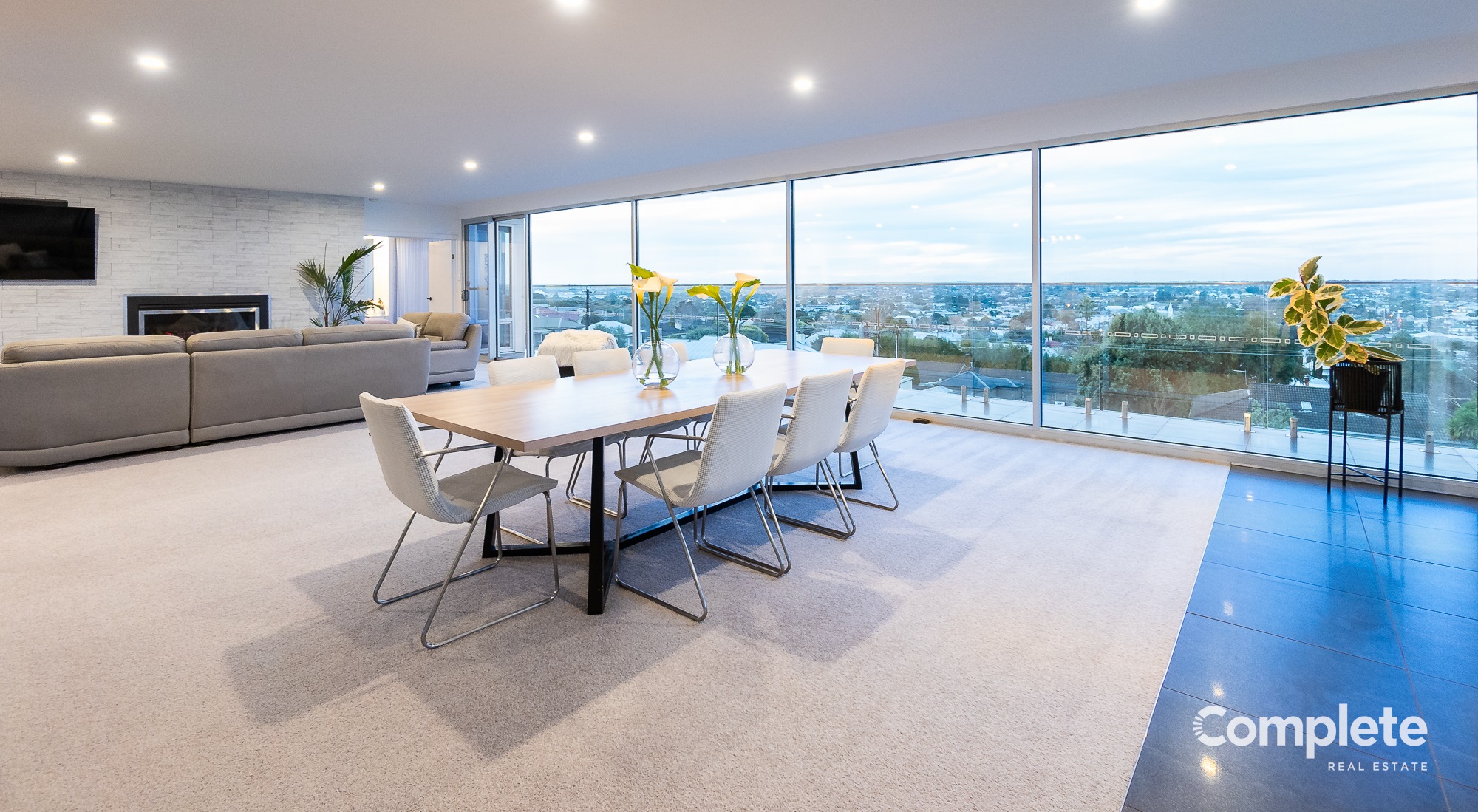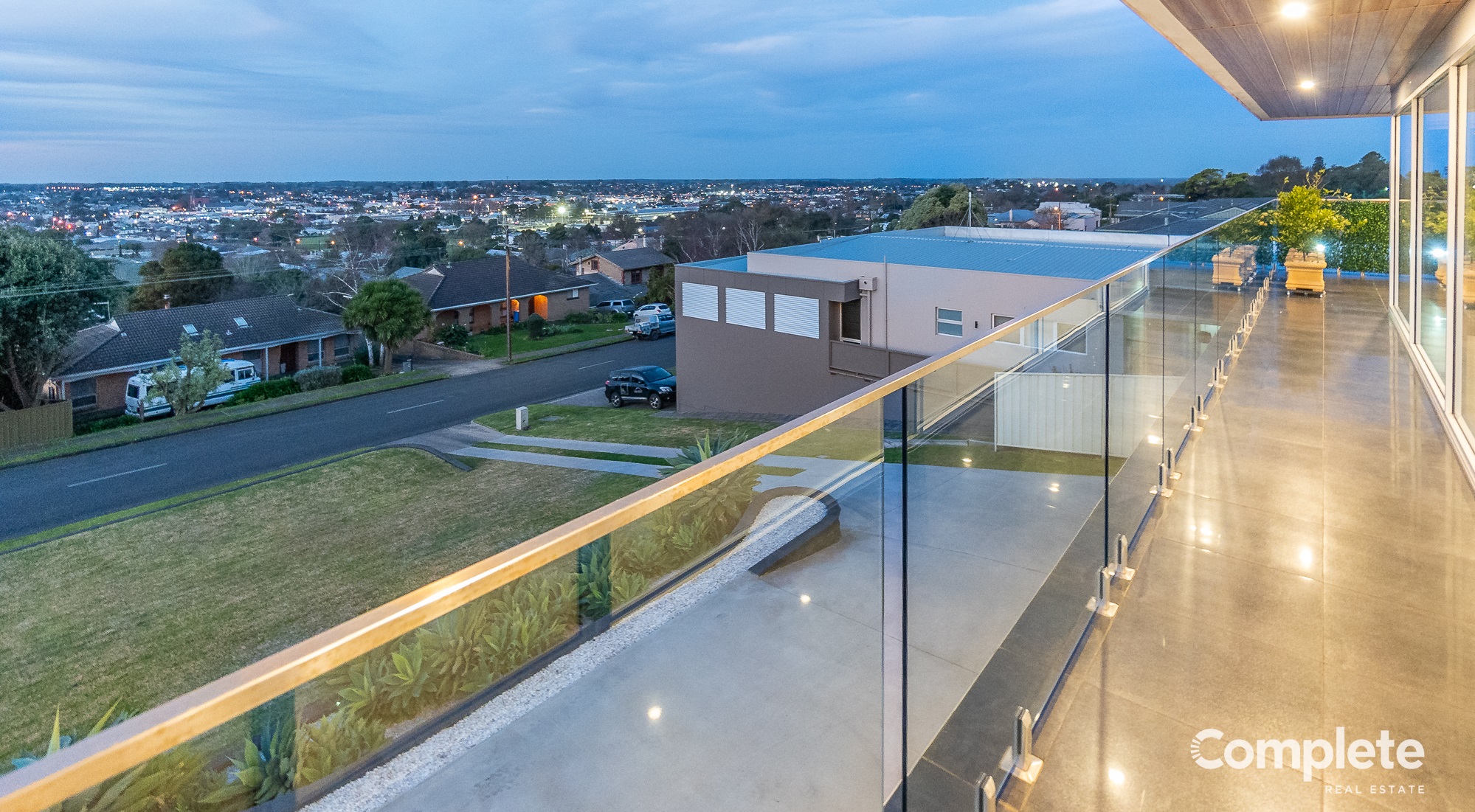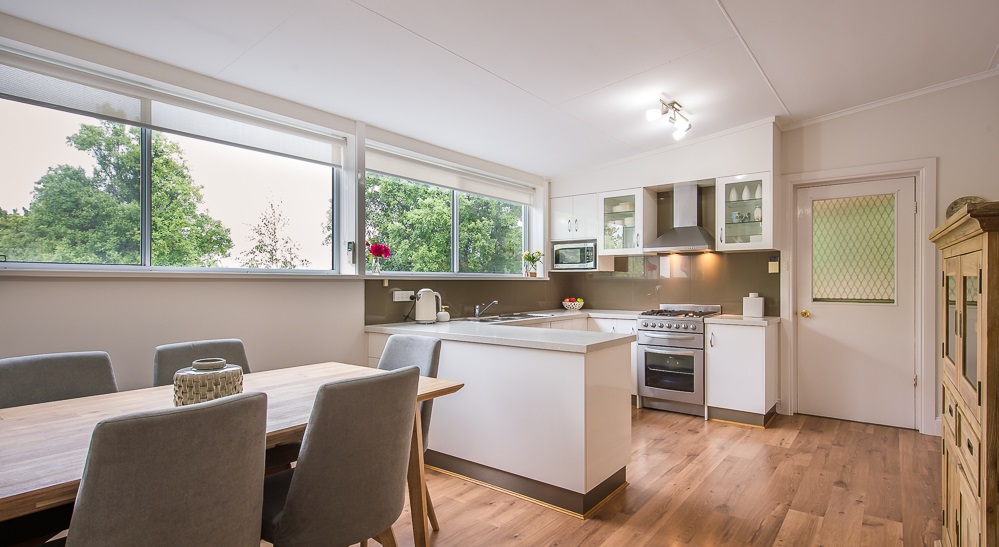Many businesses and organisations ‒ from startups to government departments and retail and warehouse operators – choose to lease commercial property and instead use their capital to improve their business or organisation.
Commercial leases can be complicated
Commercial premises include retail shops, office buildings, warehousing and more. Retail premises are more heavily regulated than office or industrial/warehouse space.
Most commercial leases are complex, will vary from lease to lease, and there’s more negotiating needed to arrive at equitable terms and conditions.
Let’s look at retail: under the Retail and Commercial Leases Act 1995 South Australia, the lease must be for a minimum number of years including options to renew. For example, a head lease of three years with a two-year option is valid but a head lease of two years with a two-year option is invalid as the total does not meet the minimum number of years to be offered to the tenant..
There are robust regulations about the agreement, what it must contain, whether or not a current tenant must be the preferred tenant in any new leasing arrangements, and whether or not any reports require an auditor. In addition, the landlord/lessor must provide an estimate of outgoings to which the tenant is required to contribute and must provide evidence of expenditure on outgoings like local government rates and charges, water and sewerage and insurance.
In non-retail premises, tenants have obligations including inspecting the premises to record their condition, understanding their insurance and financial obligations (including outgoings), contacting the local council to ensure the premises are zoned for the particular activity, and obtaining Certificate of Occupancy approval.
How often is your rent reviewed?
Does your lease schedule include regular and scheduled rent reviews? Whether you’re a landlord or a tenant, you need to have the peace of mind of knowing your rent is set equitably.
Landlords: You could miss out on valuable income if your rent is set too low. We can perform a market review at scheduled or agreed periods in the lease to calculate what the rent should be.
To calculate rent increases, we use various methods, including:
- CPI: Under this method, we review the Consumer Price Index and fix rent in line with CPI.
- Fixed percentage increase: This is a ‘set-and-forget’ method where the landlord and the tenant agree on a percentage at the time of signing the lease.
- Market-based review: When the lease is coming to an end and the tenant intends to renew under an ‘option to renew’, generally the lease allows for a rent review.
- Tenants: You could be paying more than market rent for your commercial space, or the space may no longer be suitable for your organisation.
When you need to scale up or scale down, the Herbert team is here for you with advice, space planning suggestions and more.
What else do you need to know about commercial leases?
Similar to residential premises, tenants in commercial premises have obligations during and after their tenancy. These include:
- Outgoings. Commercial property owners can seek reimbursement for costs associated with the leased premises such as council rates, water, insurance, car parking maintenance and common power
- Bond and tenant rights. Did you know that commercial tenants can ask for an expiry date to be placed on a bank guarantee, which has the risk associated with achieving a successful end of tenancy? For leases that fall under the Retail and Commercial Leases Act 1995 South Australia, a bond of up to three months’ rent can be requested and held by the Small Business Commissioner.
- Repairs. Checking clauses within the lease that may stipulate differing obligations for repair and maintenance on varying aspects of the property, be it electrical, air-conditioning, escalators, common areas, doors, structural or plumbing.
- Exit clause. Tenants have no right in South Australia to exit a lease, or sublease, when their circumstances change without negotiating a mutual agreement to end the lease early.
- Make good. A tenant must return the property to the landlord in the same condition or better in which it was rented initially. This may trigger clauses that involve:
- Painting throughout the internal and/or external surfaces.
- Signage removal both physical (peel-off stickers, detach signboards) and/or neutral coverage (paint or clad over signage).
Can we help with your Mount Gambier commercial property?
Call Herbert Commercial on 08 87 250 500 for a complimentary annual investment portfolio assessment. From this assessment, feedback may warrant the need to seek Herbert Commercial’s advice and expertise with formulating a plan to action restructuring or renegotiating the best lease scenario moving forward. We’re here to help.
As the only dedicated commercial property agency in Mount Gambier, we have a network with and are sought after by national commercial agencies as a trusted extension to their services. Our wealth of commercial knowledge of the Mount Gambier market extends to the broader commercial market, meaning we can ensure you achieve your commercial property goals.













